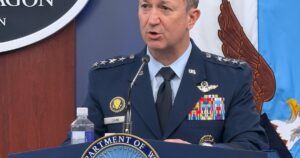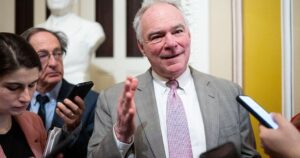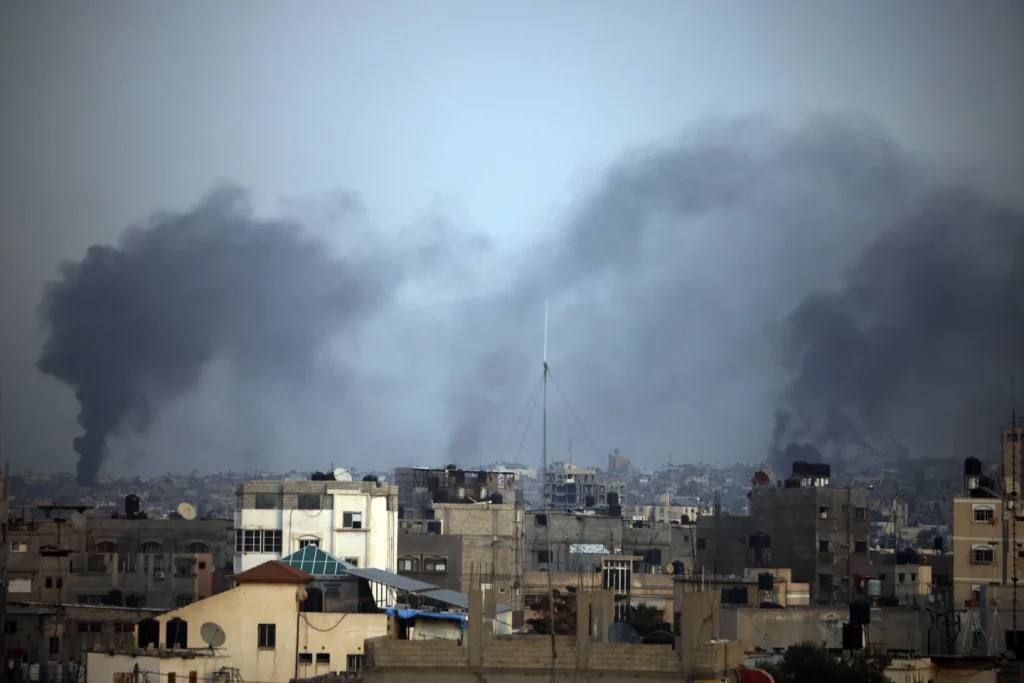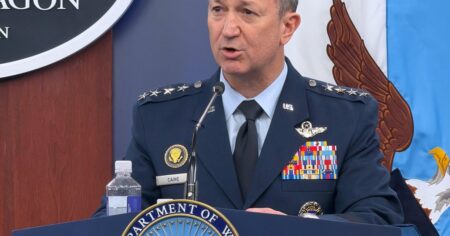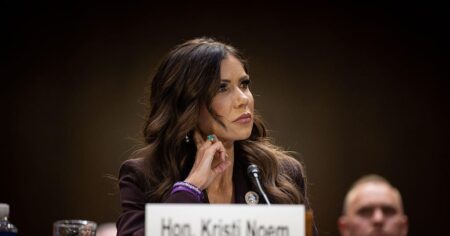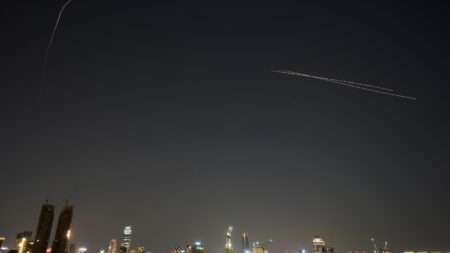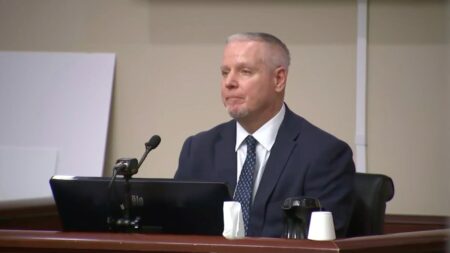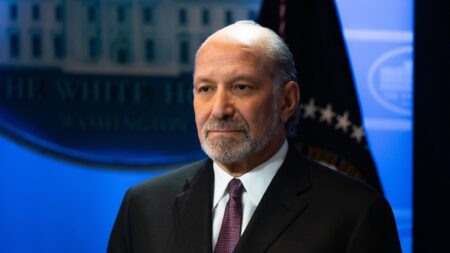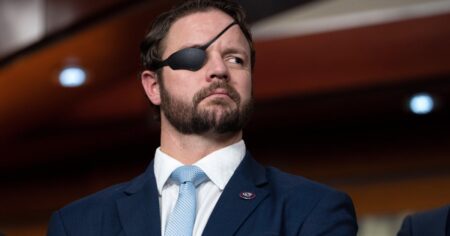An Israeli journalist who once supported Israel’s military actions in Gaza after the October 7 Hamas attacks has changed his position. In the early days of the conflict, he believed in the goals of rescuing hostages and removing Hamas from power. He even wrote international opinion pieces supporting disarming Hamas and giving control of Gaza to the Palestinian Authority with international security guarantees.
At that time, his position seemed logical. He saw the Israeli operation as a necessary response to a violent attack. His support reflected the beliefs of many in Israel and the broader international community who viewed Hamas as a direct threat to regional peace and stability.
However, over time, the journalist began to question what he was seeing and hearing. As reports came in of rising civilian casualties, destroyed homes, and widespread displacement, his confidence in the justness of the military campaign began to waver. Images and testimonies of the suffering inside Gaza made him reconsider his earlier stance.
According to health officials in Gaza, more than 36,000 Palestinians have been killed since the war began. A significant number of those victims are women and children. Entire neighborhoods have been flattened. Critical infrastructure, including hospitals, schools, and water systems, has been severely damaged or destroyed. Many survivors now live in overcrowded shelters with limited access to food, water, or medical care.
While Israeli authorities continue to say their goal is to defeat Hamas and bring the hostages home, the journalist started to notice a disturbing trend in public discourse. He observed how language used by political leaders, commentators, and even citizens was turning Palestinians into nameless, faceless targets. This form of dehumanization, he believes, plays a dangerous role in prolonging the violence.
The journalist described this realization as a moment of sobering up. He no longer saw the war as a clean or justified campaign. Instead, he began to see it as a conflict that risked destroying not only Gaza but the moral compass of Israeli society. He believes that when a nation stops seeing the humanity in others, it loses a part of its own humanity.
Dehumanization in conflict is not new. History shows that it often leads to greater violence. Examples can be found in conflicts like Rwanda, the Holocaust, and the Bosnian War. In each case, people were first described as less than human, which made it easier to justify brutal acts.
The journalist now warns that this same pattern is happening in Gaza. He argues that Israelis must speak out against the idea that Palestinians are enemies by nature or undeserving of rights. He believes that peace cannot grow from hate, and that mutual respect is the only path forward.
Though he still supports Israel’s right to defend itself, he no longer believes in unconditional support for military actions that result in mass suffering. He wants Israeli citizens and leaders to think carefully about how their actions and words impact not only Palestinians but also the moral fabric of Israeli society.
The war has caused deep divisions within Israel and around the world. Some continue to support the government’s actions fully. Others, like this journalist, are starting to question the cost of the war—not just in human lives but also in lost opportunities for peace and trust.
International organizations such as the United Nations and the International Committee of the Red Cross have raised alarms about the humanitarian crisis in Gaza. Calls for a ceasefire have grown louder, especially as food shortages and health emergencies worsen in the region.
In his reflections, the journalist urges everyone, including his fellow citizens, to reject language that makes it easier to ignore suffering. He believes that acknowledging the pain of others is not a sign of weakness but a step toward healing and lasting peace.
His voice joins a growing number of individuals, both in Israel and around the world, who are urging leaders to stop the cycle of violence. They call for an end to dehumanizing narratives and the start of serious efforts to protect civilians, rebuild trust, and work toward peace.
